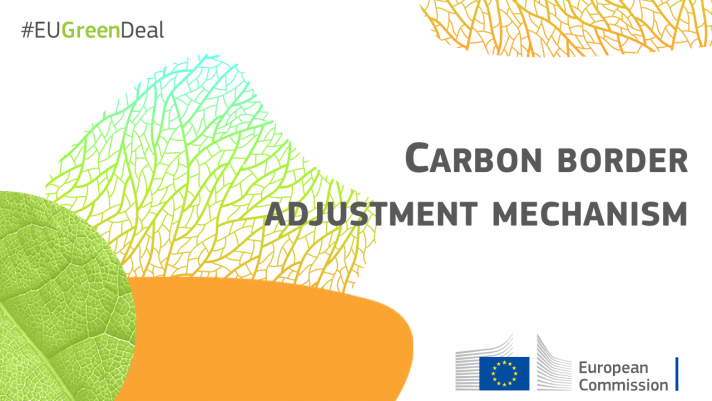

The professed carbon border adjustment mechanism (CBAM) will safeguard the European industry from importing less expensive, more polluting goods by impersonating the domestic carbon pricing in the European Union.

However, it will start with aluminium imports, among others like iron and steel, cement, fertilisers and electricity, and hydrogen. It was reached the day after the G7 industrialised nations announced that they would establish an "international climate club" to promote a sustainable industry.
Pascal Canfin, the Chairman of the European Parliament's environment committee, said, "For the first time, we will ensure fair treatment for our enterprises, which pay a carbon price in Europe, and their foreign competitors, who do not."
“This is a major step that will allow us to do more for the climate while protecting our businesses and our jobs.”
Mohammed Chahim, the European Parliament's lead negotiator, said, "CBAM will be an essential component of European climate policies. It is one of the few techniques we have to encourage our trading partners to decarbonize their manufacturing industries."
Jozef Síkela, industry and trade minister for the Czech Republic, which led the negotiations on behalf of the EU's 27 member states, praised the agreement as a critical component of European climate action. "This mechanism promotes the import of goods by non-EU businesses into the EU, which fulfil the high climate standards applicable in the 27 EU member states."
"This will ensure a balanced treatment of such imports and is designed to encourage our partners worldwide to join the EU's climate efforts."
The levy, which will go into effect on October 1, 2023, for a test period, will solely impose reporting requirements on imports of products covered by the programme. The entire levy will go into effect following this transitional period. The test phase's conclusion is still up in the air and will be considered in further negotiations at the end of the week.
According to the initial proposal made by the European Commission in July 2021, the fee will apply to imports of aluminium, iron and steel, cement, fertilisers, and power.
In accordance with the most recent agreement, it will cover downstream goods, indirect emissions under specific circumstances, and hydrogen.
Unless they can demonstrate that the carbon emissions have already been taken into account by climate legislation in the producer country, any businesses importing goods into the EU will need to purchase certificates to cover the carbon emissions buried in them.
The much-criticized allowances that EU sectors receive for free under the bloc's carbon market, the Emissions Trading Scheme, will eventually be replaced by the charge (ETS).
Chahim added, "It is an alternative to our current carbon leakage measures, which will allow us to apply the polluter pays principle to our industry."
Responses








